I’m engaged in some research on family diversity for a project, but became distracted by the opening event of COP 15, THE BIODIVERSITY CONFERENCE, part 2 of the UN international conference on biodiversity, which has just opened in China. It is one of the two environmental conferences on which the whole world should be focusing. We should, if we know about it? It seems to be the least publicized of the two conferences with much more attention being focused on COP 26, on climate change in November in Glasgow. In the lead-up to that conference the G20 nations have spoken up, as have many other nations, Church leaders – including our own – and environmental bodies such as Green Peace. In China COP 15 is focusing on the development of the post 2020 biodiversity framework with the core message, “Nature at the heart of decision-making.”
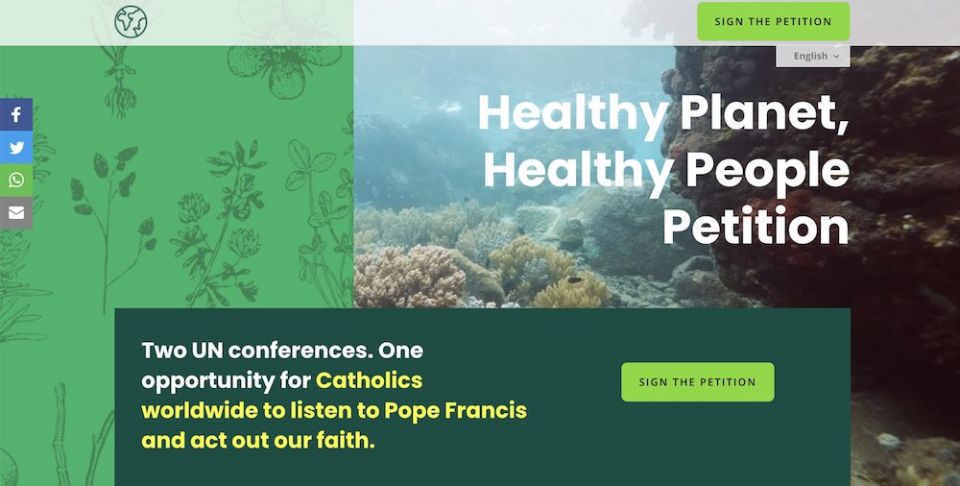
The opening of COP 15 featured a beautiful scenic video of a spontaneous trip of a herd of wild Asian elephants in rural China, embarking on a 2000 km journey across the land and finally returning. Other videos of a unique and threatened monkey species and environmental insights were presented together with the reports and addresses to the assembly.
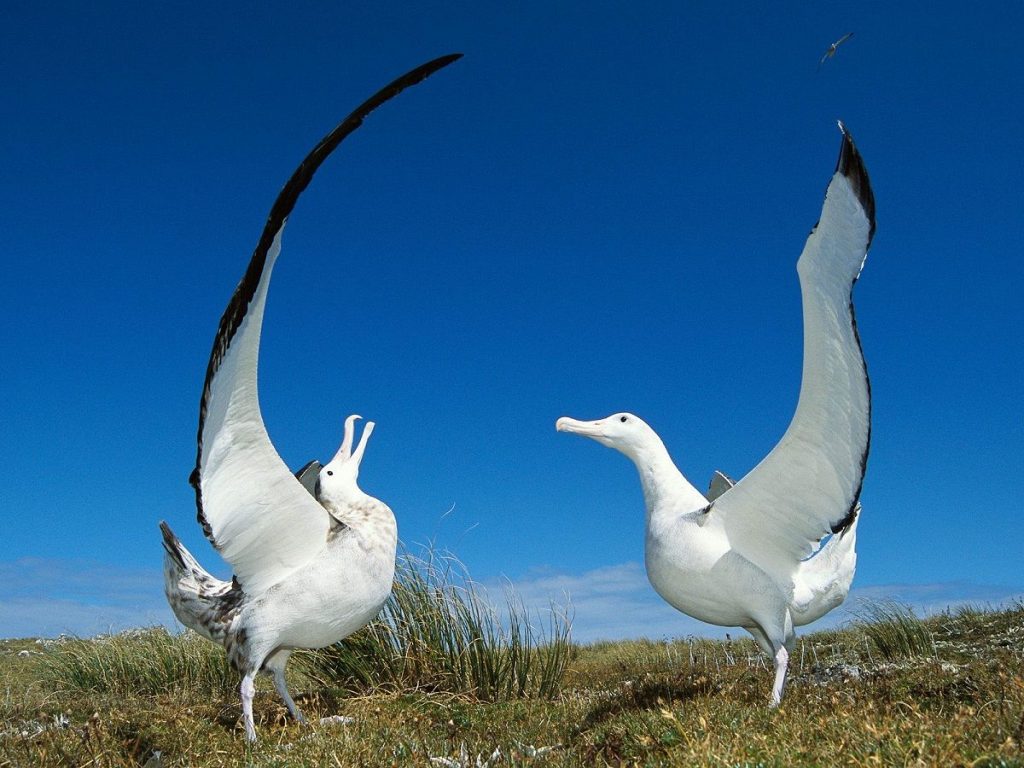
Climate change did not happen on its own. It is the consequence of our human actions over the last two centuries of the Industrial Revolution. Burning fossil fuels is the big ogre, with the greatest future impact on the planet’s future but the two initiatives are closely related and the loss of biodiversity, the focus of COP 15, is in fact one of the consequences. Biodiversity is understood as related to nature, plants and animals. These ecosystems, these families, are in a battle for life and survival against extinction, with numbers depleted through loss of their habitat, migratory patterns and even direct impacts, such as changes in sea temperature’s effects on fish and weather changes on vegetation.
We, the human family, are hardly likely to become extinct at any time soon, but population demographics are affected nevertheless. Extreme weather events, like floods, do have an immediate impact on us, but the longer term affects of global warming, droughts, rising temperatures and water levels impact on people, in particular indigenous people and their ability to continue their livelihood of subsistence farming, for a variety of reasons. Monoculture crops or artificial forests impact on natural plant and insect life, all necessary cogs in the wheel of ecological balance. Pandemics, like Covid-19m or SARS and even HIV/AIDS, have a zoonotic origin and a possible connection to wild animals. Officially reported deaths due to COVID in SA are around 90 000. But unofficial figures claim that the death toll could be 250 000. Human health is badly affected by air pollution, especially in mining areas.

Diversity in the human family relates to family structure, functioning and behaviour and is possibly influenced less directly by environmental factors. There are numerous diverse family types and situations ranging from the extended family, to the nuclear, a single parent or child-headed family. Fewer families today are based on marriage, while cohabitation and civil unions are growing. Whatever their structure, most effective functioning requires skills, commitment and attitudes of respect, open communication, understanding and acceptance. In our current social interactions are these appreciated fully enough?
A positive byproduct, however, of the focus on ecological education and awareness is an attitude change and a move towards healthier lifestyles and eating habits and foods; eat less meat and more vegetables benefit both humanity and nature. At the same time is consumer education towards “live more simply so that others may simple live,” being taken on board? This can be a complex question as an answer to the question may well be, “if we buy less and spend less, does that not take food out of the mouths of those whose livelihoods depend on our purchasing what they produce?“ How can we best balance the economic and ecological needs?

“Healthy Planet, Healthy people” is the focus and the title of the petition www.thecatholicpetition.org to world leaders at COP 26, to ensure corrective action. It is being promoted through the LAUDATO SI ACTION PLATFORM and the campaign due to be launched on 14 November. You’d think that all the benefits would be a highly popular selling point on the way to saving the ecosystems under threat and its biodiversity. Maybe the advertising media need to come on board in a big way. I actually remember being quite taken with a bumper sticker I saw years ago that read, “preserve wildlife, pickle a squirrel.” We really did think it was funny at the time, but I somehow don’t feel quite the same way about it today. TR FAMILY WEEKLY 13 OCTOBE 2021

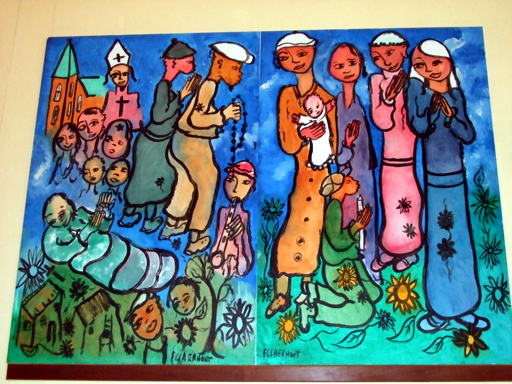
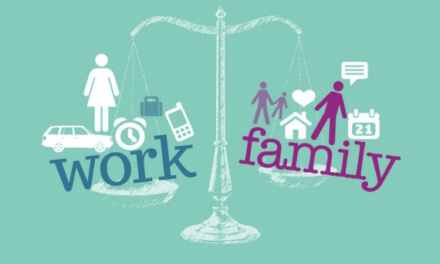
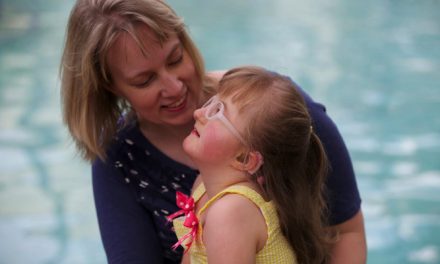
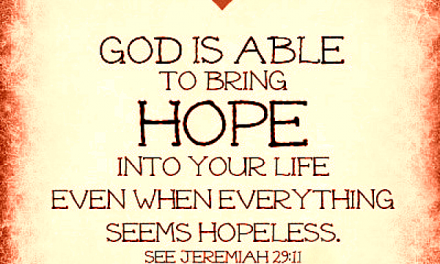
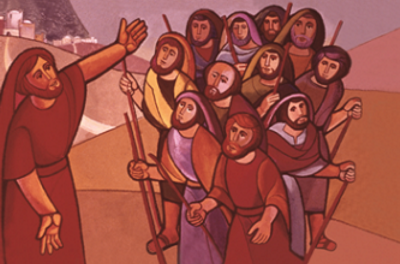
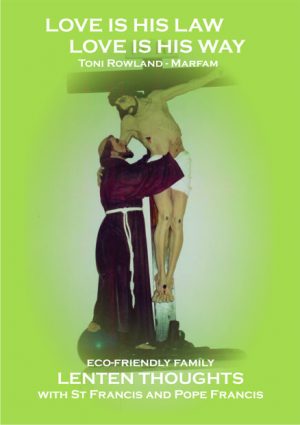
Recent Comments